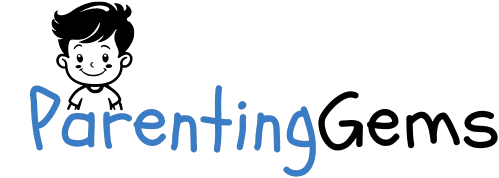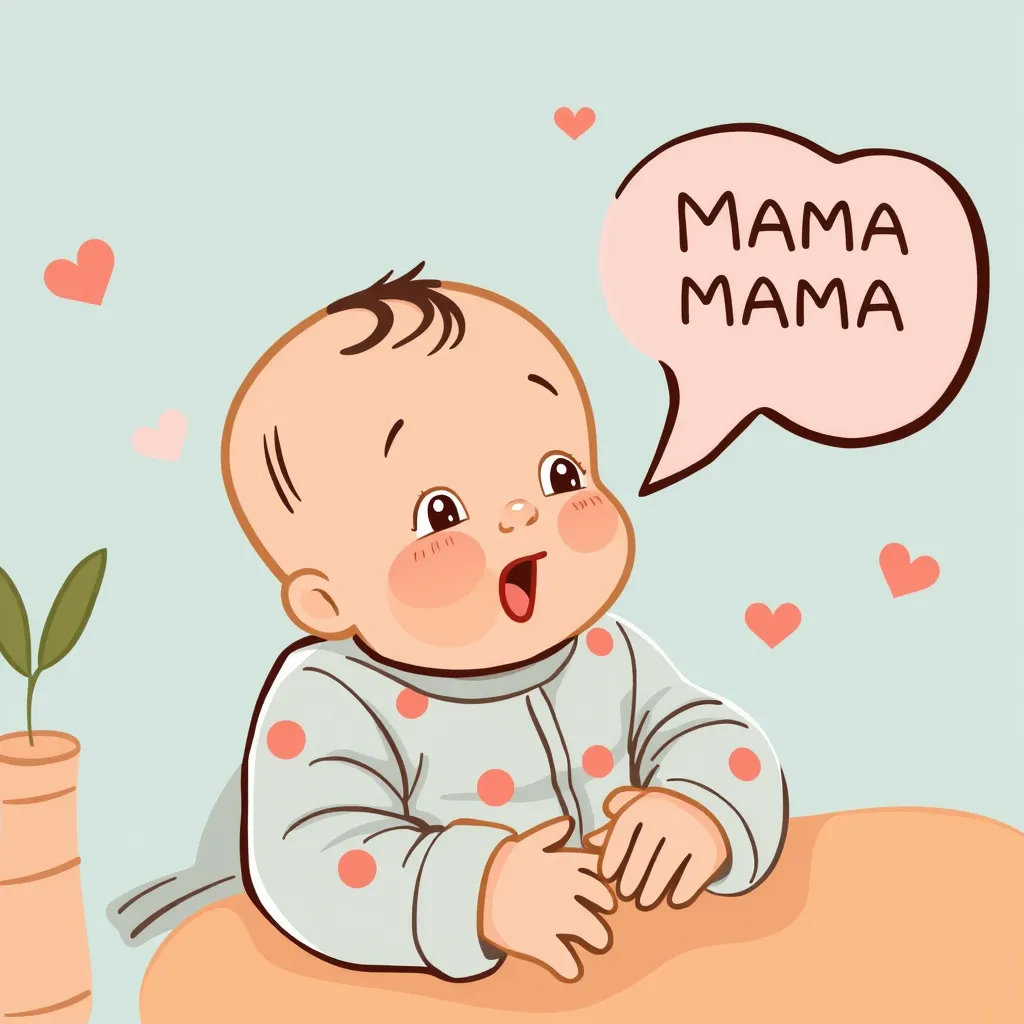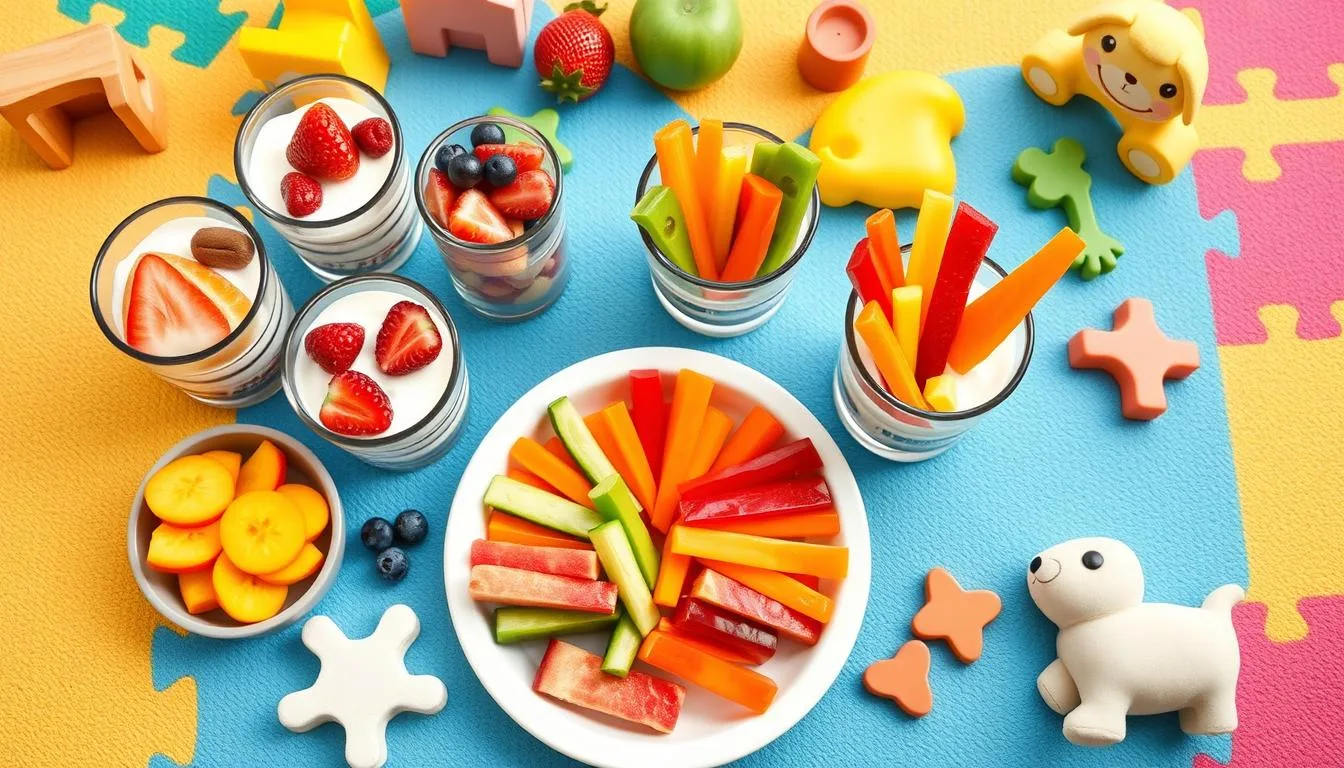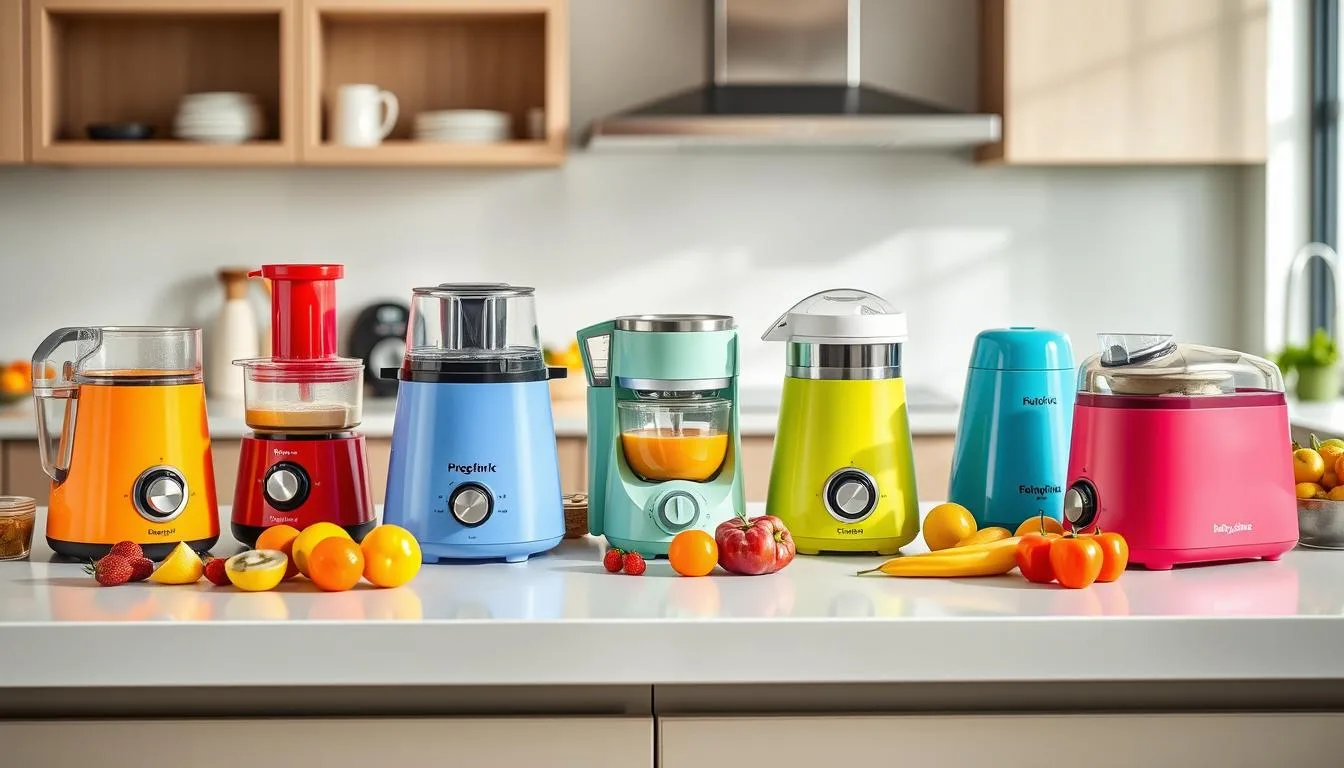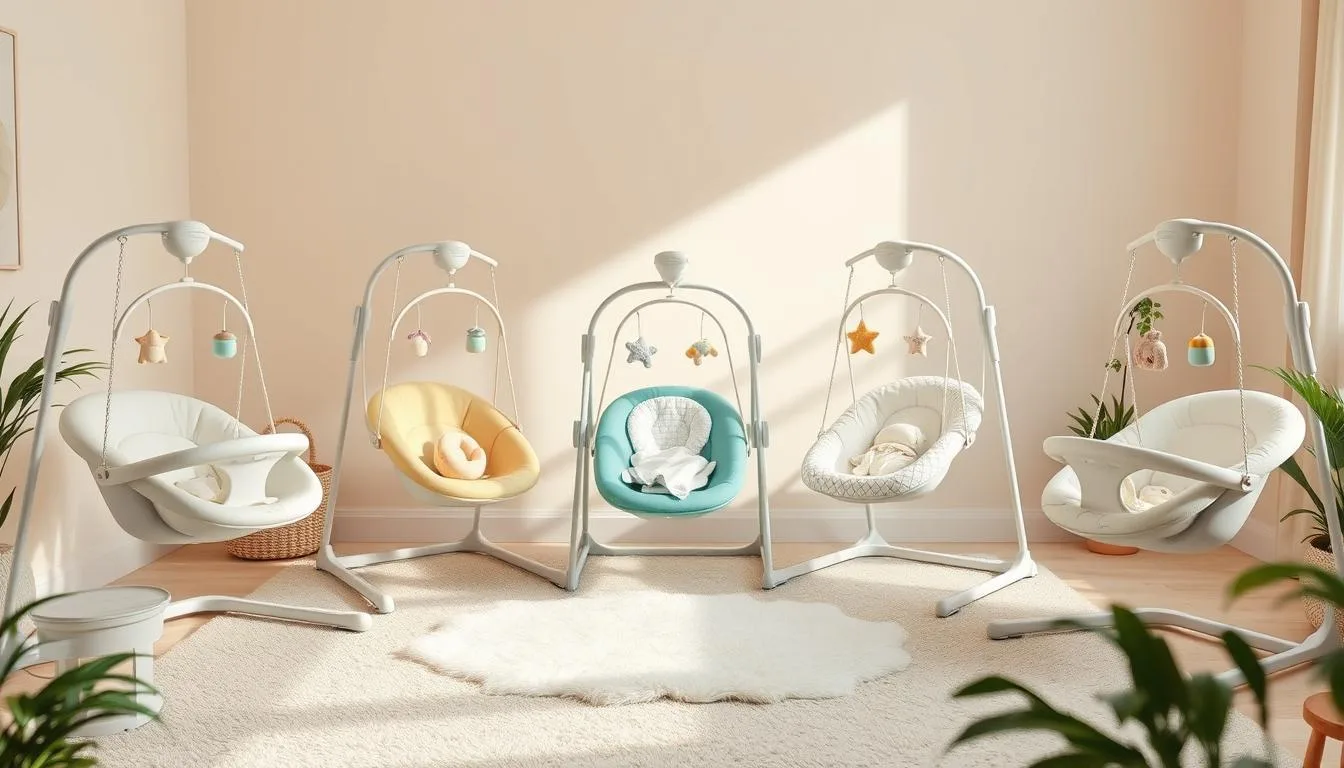Are you eagerly waiting to hear your baby say “mama” for the first time? It’s an exciting milestone that many parents look forward to. But when do babies start saying mama exactly? Let’s dive into this magical moment of early childhood and explore what to expect.
Table of Contents
Key Takeaways:
- Most babies say “mama” between 8 and 12 months old
- Babbling starts around 6 months and leads to first words
- Every baby develops at their own pace
- Encourage language development through talking and reading
- Consult a doctor if you’re concerned about speech delays
The Journey to “Mama”: Baby’s Language Development
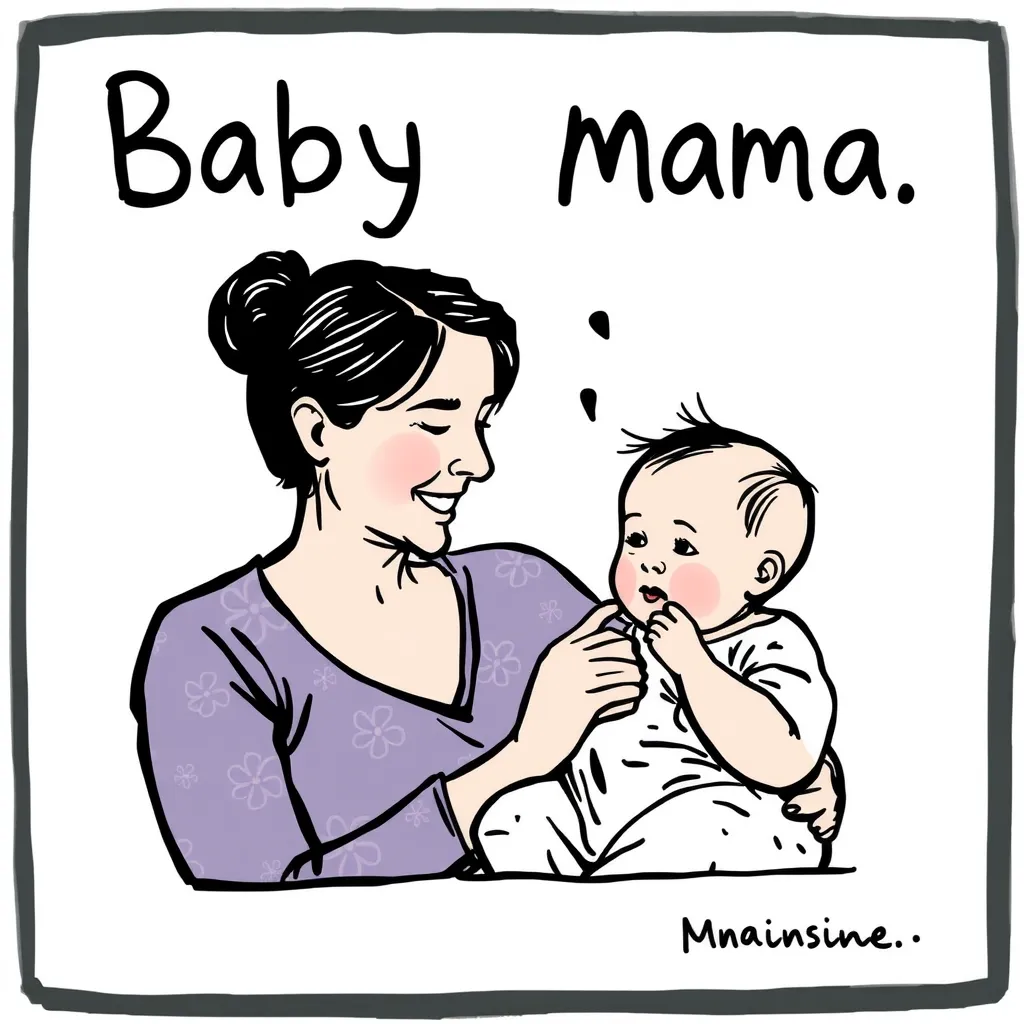
Before we get to the big “mama” moment, let’s look at how babies develop their language skills:
- 0-2 months: Cooing and making vowel sounds
- 4-6 months: Babbling begins (like “ba-ba” or “ma-ma”)
- 6-8 months: More varied babbling
- 8-12 months: First words appear, often including “mama” or “dada”
- 12-18 months: Vocabulary grows rapidly
Remember, every baby is unique and develops at their own pace. Some may say “mama” earlier, while others might take a bit longer.
When Do Babies Start Saying Mama?
Most babies start saying “mama” between 8 and 12 months old. But here’s the catch: they might not know what it means at first! At this stage, babies are experimenting with sounds and might say “mama” simply because it’s an easy sound to make.
“It’s common for babies to say ‘dada’ before ‘mama’,” says Dr. Jane Smith, a pediatric speech therapist. “The ‘m’ sound is actually harder for babies to make than the ‘d’ sound.”
Don’t worry if your little one says “dada” first. It doesn’t mean they love Dad more – it’s just easier to say!
Stages of Saying “Mama”
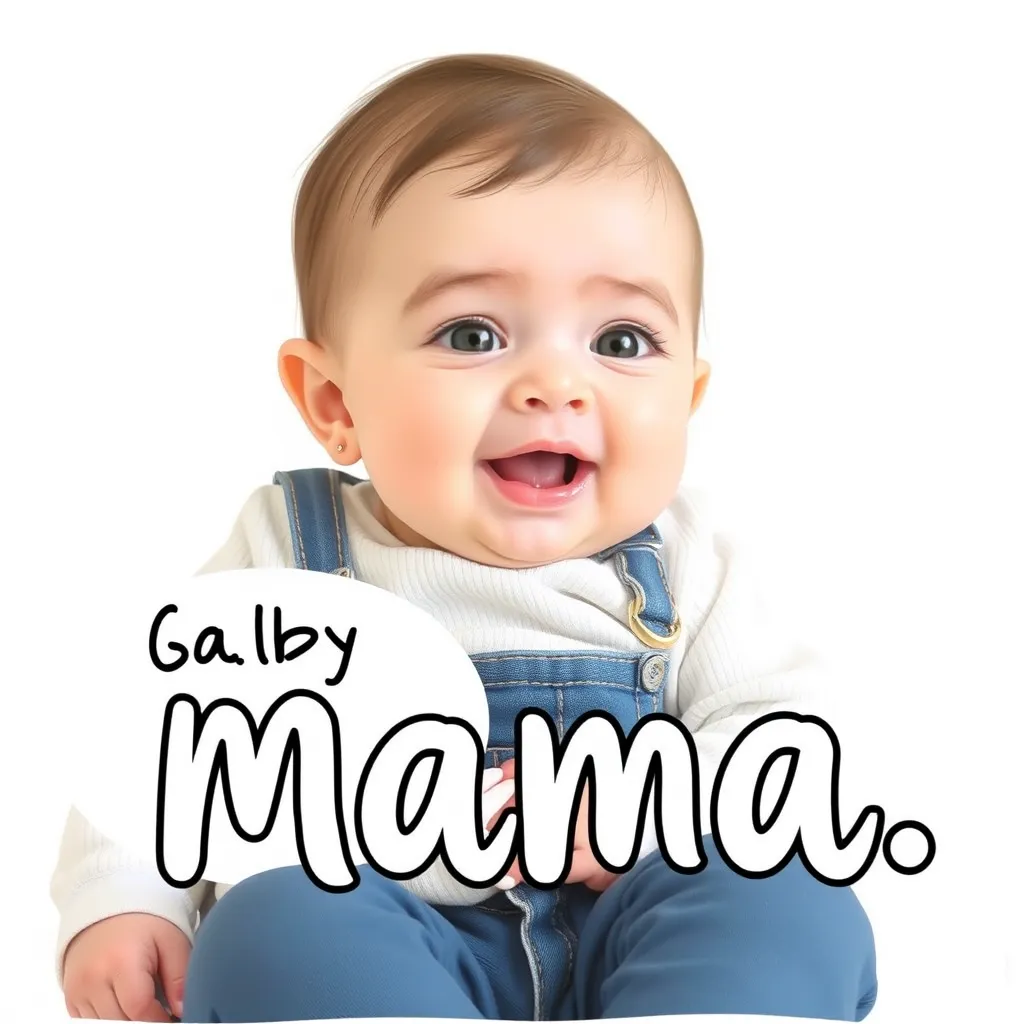
When babies start saying “mama”, it usually happens in stages:
- Babbling: “Ma-ma-ma” without meaning
- Associating: Saying “mama” when they see or want their mother
- Understanding: Using “mama” to specifically refer to their mother
How to Encourage Your Baby to Say “Mama”
Want to help your baby along? Here are some fun ways to encourage language development:
- Talk to your baby often: Narrate your day, describe what you’re doing
- Read books together: Even young babies benefit from storytime
- Sing songs and nursery rhymes: Music helps with language skills
- Respond to your baby’s coos and babbles: This encourages communication
- Use gestures: Point to yourself and say “mama” when talking about yourself
Remember, patience is key. Every baby develops at their own pace, so try not to compare your little one to others.
What If My Baby Isn’t Saying “Mama” Yet?
If your baby hasn’t said “mama” by 12 months, don’t panic! Some babies take a little longer to start talking. However, it’s a good idea to keep an eye out for these language milestones:
- By 12 months: Uses one or more words
- By 18 months: Uses 10 to 15 words
- By 24 months: Combines two words together
Why Are Young Children Wanting to Be Adults So Bad?
If you’re concerned about your baby’s language development, it’s always best to consult with your pediatrician. They can assess your child’s progress and provide guidance if needed.
Fun Facts About Babies Saying “Mama”
Did you know?
- The word for “mother” starts with an “m” sound in many languages around the world
- Babies can recognize their mother’s voice even before they’re born
- Some babies might say a word once and then not repeat it for months
Beyond “Mama”: Other Early Words
While “mama” is often one of the first words babies say, it’s not the only one. Here are some other common early words:
- Dada
- Bye-bye
- Hi
- Uh-oh
- No
- Dog
- Cat
- Ball
Remember, every baby is different, and the order in which they learn words can vary.
Frequently Asked Questions (FAQ)
1. Is it normal if my baby says “dada” before “mama”?
Yes, it’s completely normal! Many babies say “dada” first because it’s easier to pronounce.
2. What if my baby is 18 months and still not saying “mama”?
While most babies say their first words by 18 months, all children develop differently. If you’re concerned, speak with your pediatrician.
3. Can I teach my baby to say “mama”?
While you can’t force it, you can encourage language development by talking, reading, and singing to your baby regularly.
4. Do bilingual babies take longer to say their first words?
Bilingual babies might take a little longer to start talking, but the difference is usually small. They catch up quickly and often have larger vocabularies later on.
5. Why do babies often say “mama” when they’re upset?
Babies often associate “mama” with comfort and security, so they might say it when they need soothing or help.
Conclusion: Cherish Every Moment
Hearing your baby say “mama” for the first time is a magical moment. Whether it happens at 8 months or 14 months, it’s a special milestone in your child’s development. Remember, when babies start saying “mama” varies for each child, so try not to worry too much about exact timing.
Enjoy the journey of your baby’s language development. Before you know it, they’ll be chattering away, and you might even miss those quiet baby days!
For more information on baby development milestones, check out these resources:
- CDC: Developmental Milestones
- When Do Babies Say Mama? – Wee Talkers
- Can You Take a Baby to University with You?
Remember, every baby is unique and wonderful in their own way. Cherish each moment, celebrate every new word, and most importantly, keep talking, reading, and singing to your little one. Before you know it, you’ll be having full conversations with your chatty toddler!
